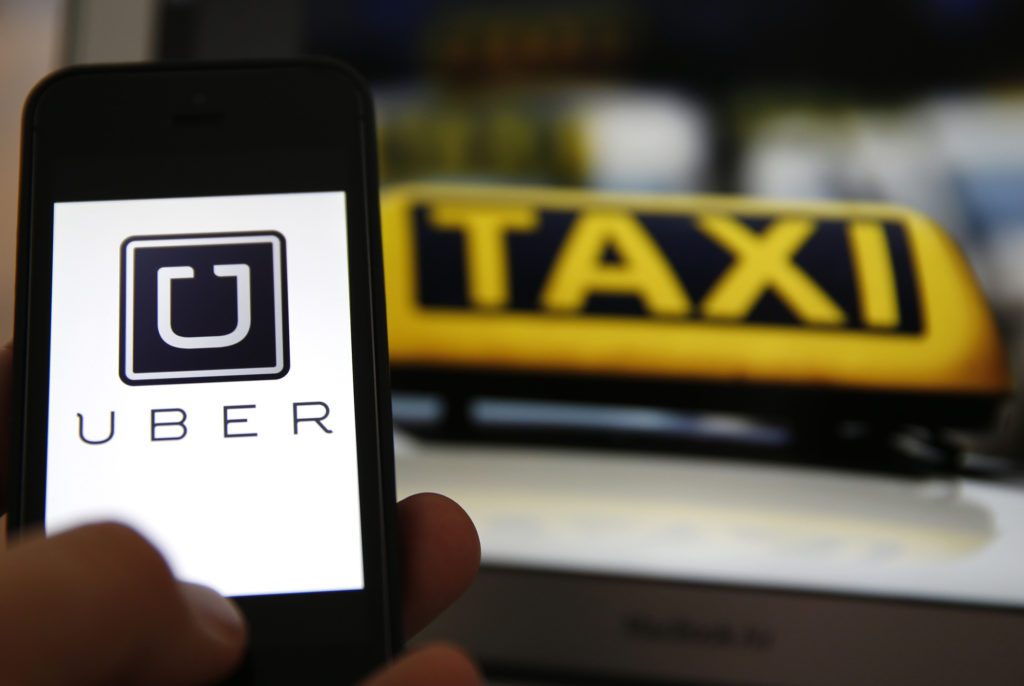
Excerpted from a Fast Company article by Wilfred Chan
Earlier this month, the Minneapolis city council passed a bill designed to make Minneapolis Uber drivers’ lives less precarious.
Called Fair Drives Safe Rides, it would’ve created minimum pay rates for app-based rideshare workers and protected them from arbitrary termination. It would’ve also given drivers and passengers receipts spelling out exactly what portion of each fare went to the gig companies—which drivers say can be as much as half.
But as the bill gained momentum, Uber and Lyft issued a threat, the same one they’ve used for years against localities weighing new rules for the gig companies: they would pull out if it succeeded.
Fair Drives would “nearly double our operating expenses,” Lyft claimed in a letter to the city council, without providing evidence. “The math simply doesn’t make sense, and it would force us to shut down operations in the city.”
Then, a few days after city council passed the bill, Mayor Jacob Frey, a Democrat, issued a stunning veto. “We didn’t have all the data and information that we needed to understand the consequences of the decision we’re making,” he told local press. “What I’m proposing is: let’s do our homework, let’s do this right.”
What happened in Minneapolis follows an increasingly familiar pattern, where lawmakers quash rideshare regulations after Uber and Lyft’s warnings. This past May, Minnesota’s Democratic Governor Tim Walz issued a veto against a bill similar to Fair Drives Safe Rides when the gig companies threatened they would pull out. And the gig companies have made similar ultimatums in cities and states across the country, before watering down or stopping new regulations in their tracks.
But why don’t localities stand their ground, and what would actually happen if Uber and Lyft pulled out?
WHEN A CITY LETS UBER LEAVE
To answer that question, look to Austin, Texas. In 2015, the gig companies said they would leave Austin if a law was passed requiring rideshare drivers to undergo background checks with fingerprinting (already a requirement for taxi drivers in the city). The law passed that December—and in May 2016, after spending millions in an unsuccessful attempt to overturn it with a ballot proposition, the gig companies left.
Almost immediately, Austinites created alternatives. The city’s taxi drivers union formed a worker coop and launched their own service, ATX Coop Taxi. Local entrepreneurs also launched RideAustin, a non-profit rideshare app. Andy Tryba, RideAustin’s co-founder, says they started coding the app as soon as Uber and Lyft shut down—“basically staying up every night for four weeks. And then we grew like crazy.”
Despite RideAustin’s early growing pains—the service grew less reliable outside of downtown Austin, and a server crashed on at least one occasion due to high demand—the app had in just one year completed more than one million rides and reached nearly half of the city’s market share, according to Tryba. Then Uber and Lyft came back.
For the full story, please click here.
